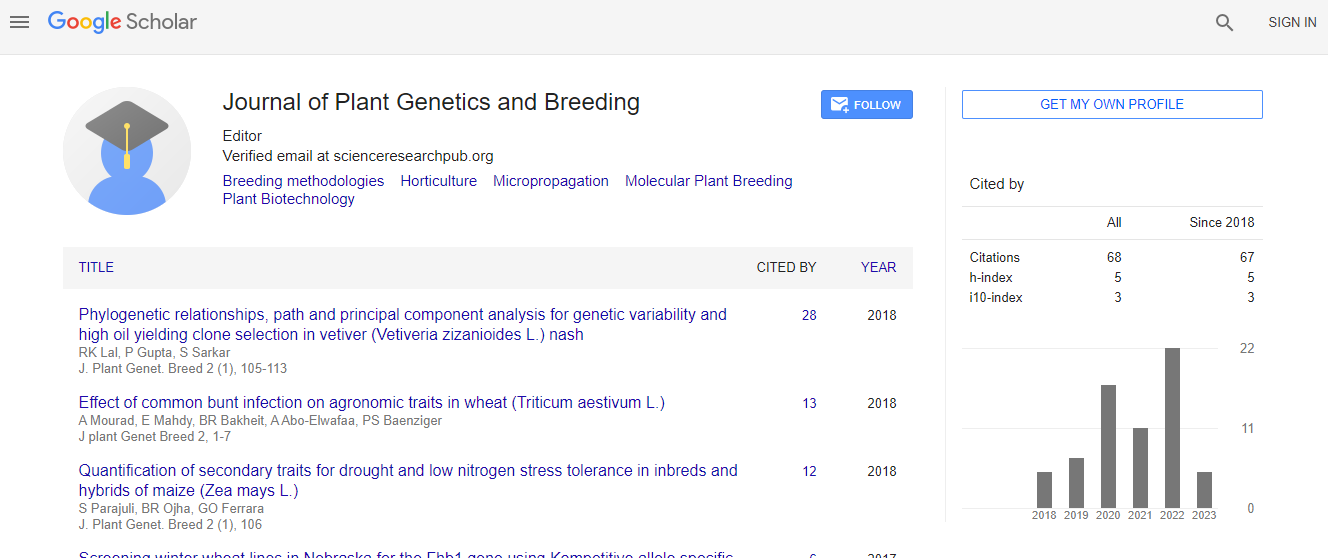Genome-wide identification and characterization of superoxide dismutase (SOD) gene family in B. juncea and B. rapa and their response in abiotic-stresses
*Corresponding Author:
Copyright: © 2020 . This is an open-access article distributed under the terms of the Creative Commons Attribution License, which permits unrestricted use, distribution, and reproduction in any medium, provided the original author and source are credited.
Abstract
Stresses produce reactive oxygen species (ROS) which damage plant growth and development and reduce the productivity of rapeseed-mustard crops (Brassica). Efforts in the past have been made to identify such gene families that will help provide resistance against these stresses. SODs constitute the first line of defence against ROS which catalyzes the dismutation reaction O2- + 2H+→O2+ H2O2. Classification according to their metal co-factors distinguish SODs into three classes: Cu-ZnSOD, MnSOD, FeSOD. The present study reports genome-wide identification of SOD genes which yielded a total of 29 and 18 in B. juncea and B. rapa. Genomic coordinates of BjuSOD genes were obtained from BRAD and mapping was done through MapInspect software. The phylogenetic classification was based on their domain composition, which was also supported by sub-cellular locations predictions. Gene annotation of SOD genes was done via BLAST2GO. Expression analysis under abiotic stresses was done through Trinity Software and candidates were validated under heat and drought stresses in B. juncea and B. rapa plants through qRT-PCR. Cis-regulatory elements predicted in BjuSOD genes supported the expression analysis data. A total of 10 and 14 abiotic stress-responsive SOD genes were successfully predicted in B. junceaand B. rapa respectively. Our study will help in providing significant information of SOD gene family responsive to abiotic stresses which would act as a potential resource for the improvement of stress resistance in Brassica crops.

 Spanish
Spanish  Chinese
Chinese  Russian
Russian  German
German  French
French  Japanese
Japanese  Portuguese
Portuguese  Hindi
Hindi 